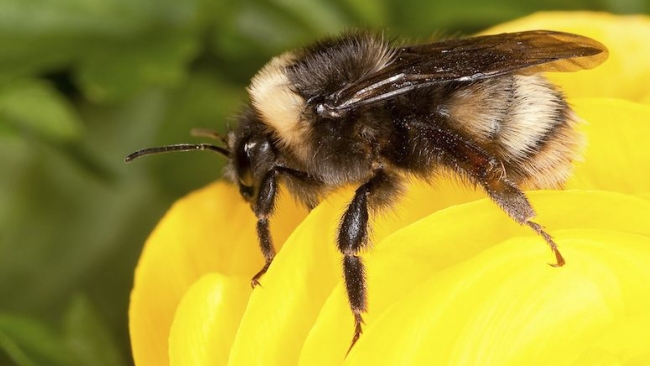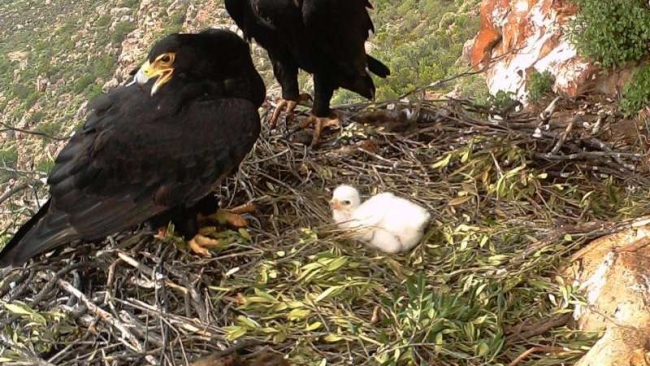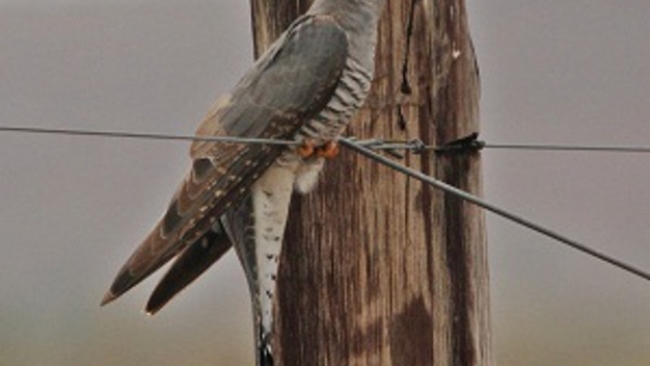Scientists Discover an Imperiled Bumblebee Bouncing Back in Unexpected Places

Western bumblebees remain in steep decline, but biologists believe they may be evolving to outwit a deadly parasite.
The western bumblebee hasn’t had much good luck in recent years.
Once one of the most common bee species in the northwestern United States and Canada, the large and charismatic insect has disappeared from much of its original range. Over the past 20 years, the bumblebees have vanished from vast areas of California, Oregon, and other states, mostly likely owing to habitat loss and the spread of an invasive parasite called Nosema bombi.
Conservationists have been warning about the decline of the western bumblebee for several years, but now a team of researchers has some unexpected good news. They have found small populations of the species at sites in Washington and Idaho where the bees had not previously been documented. Their research was published this week in the Journal of Insect Science.
Even at reduced population levels, the western bumblebee plays a major role in the pollination of native plants and agricultural crops, including apples, cherries, pumpkins, and raspberries. Unlike other bee species, it is a generalist pollinator, allowing its presence to benefit multiple plant species at once.
Lead author Paul Rhoades, a graduate research fellow at the University of Idaho, said some of the locations in which the bee was found were a bit of a surprise. For example, he said, the Palouse Prairie of northern Idaho and eastern Washington “is almost entirely agriculture, with just really small habitat fragments that are sometimes really degraded.†The paper describes the remaining habitat as “a mosaic of fragments mostly on land too steep or rocky to farm.â€
The findings help to fill what appears to be a major knowledge gap. “One thing that surprises me continuously as I do this research is how little information we have about biology in general and bees in particular,†Rhoades said. “The bees in the inland Northwest haven’t been surveyed in any careful way.â€
Source: Takepart
Mon 15 Feb 2016 at 10:36





